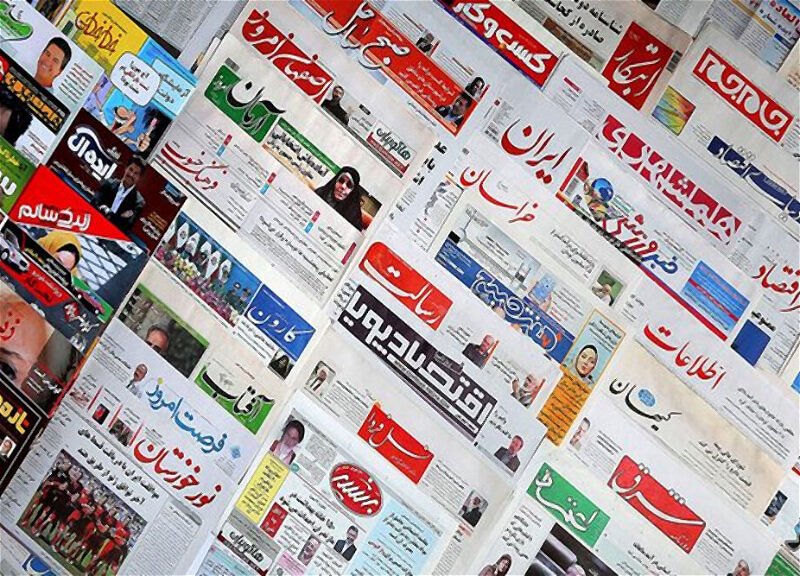By Farida Baghirova
Baku, July 18, 2025 — In recent days, several Iranian media outlets and Telegram channels have launched a smear campaign against Azerbaijan, questioning its credibility as a diplomatic venue for negotiations between Israeli and Syrian officials. But while casting doubt on Baku’s neutrality, critics have conveniently ignored Tehran’s own failed attempt to mediate in the Armenian-Azerbaijani conflict three decades ago.
The backlash follows reports by Al Arabiya and AFP, citing diplomatic sources in Damascus, that representatives from Israel and Syria held back-channel talks in Baku during a visit by Syria’s interim president Ahmed al-Sharaa. Some Armenian and Iranian commentators have used recent Israeli airstrikes on Syria as a pretext to ridicule Azerbaijan’s role, claiming its mediation platform lacks legitimacy.
Such logic, however, is deeply flawed. By that reasoning, Azerbaijan should somehow be held accountable for the behavior of foreign powers simply for hosting dialogue—a notion that contradicts basic diplomatic norms.
More troubling, observers note, is the selective memory on display. On May 8, 1992—the very day Armenian forces launched a surprise assault on the Azerbaijani city of Shusha—Iran was hosting peace talks in Tehran between Armenian President Levon Ter-Petrosyan and Azerbaijani parliamentary speaker Yaqub Mammadov. Despite the signing of a framework peace agreement, Armenian troops stormed Shusha, with future Armenian president Robert Kocharyan—then a separatist commander—playing a key role in the operation. Kocharyan later described the offensive in detail in his autobiography, Life and Freedom, with no hint of remorse.
At the time, the Armenian side dismissed the timing as “pure coincidence,” but the outcome discredited Iran’s efforts as a peace broker. To this day, Iranian and Armenian media rarely, if ever, acknowledge the episode.
This is not the first time Azerbaijan has been the target of unfounded accusations. In the past year, some Iranian and Armenian sources have circulated baseless claims, including fabricated stories about Azerbaijan’s alleged role in the 12-day war between Iran and Israel.
These attempts at disinformation come despite signs of improving ties between Baku and Tehran. Iran’s newly elected president, Masoud Pezeshkian, recently visited Baku and participated in the Economic Cooperation Organization summit in Khankendi—a gesture widely seen as a step toward mutual respect and regional cooperation.
Nevertheless, hardline factions within Iran appear intent on derailing this progress by sowing distrust. Their efforts to cast Azerbaijan as an unreliable actor in international diplomacy contradict the reality: Baku has earned a reputation as a trusted and neutral venue precisely because it does not impose itself, but is willingly chosen by parties seeking dialogue.
Azerbaijan’s growing role in peace diplomacy reflects its strategic maturity, not manipulation. Those seeking to destabilize the South Caucasus through false narratives are not only undermining regional stability but also exposing their own political agendas.
As relations between Azerbaijan and Iran continue to evolve, it remains critical to distinguish between responsible diplomacy and fringe-driven misinformation. Baku’s commitment to neutrality and dialogue speaks louder than any smear campaign.


